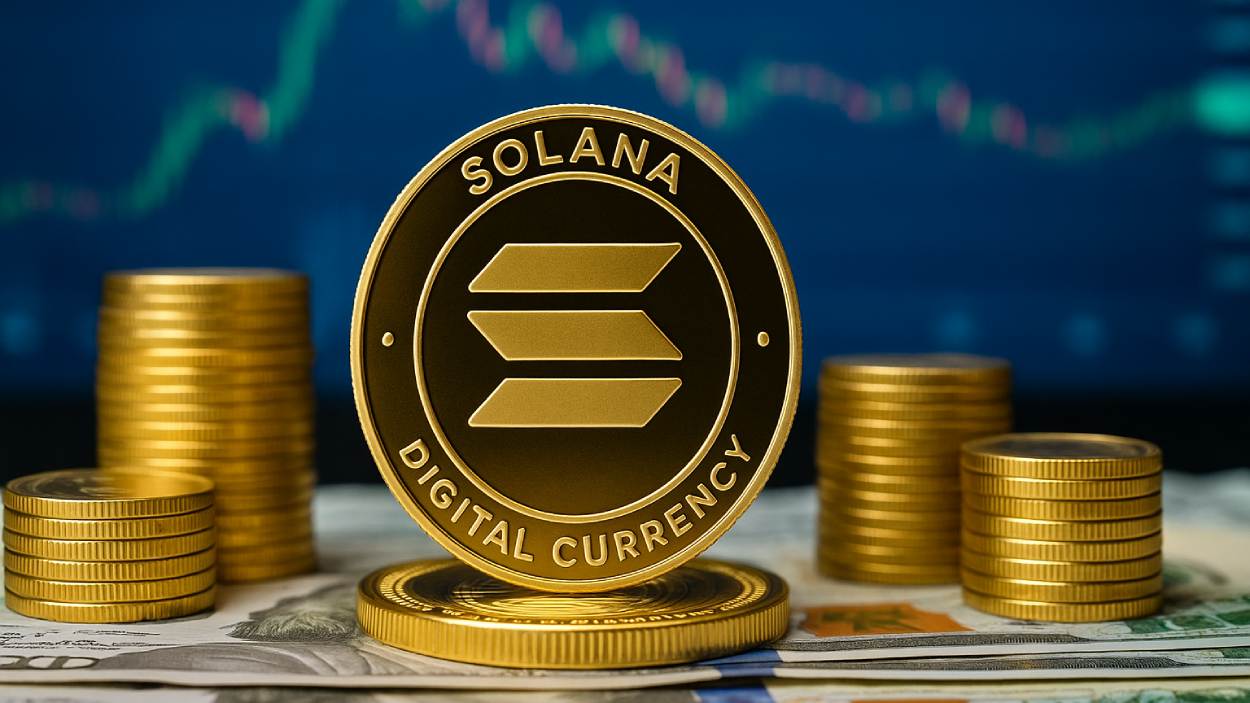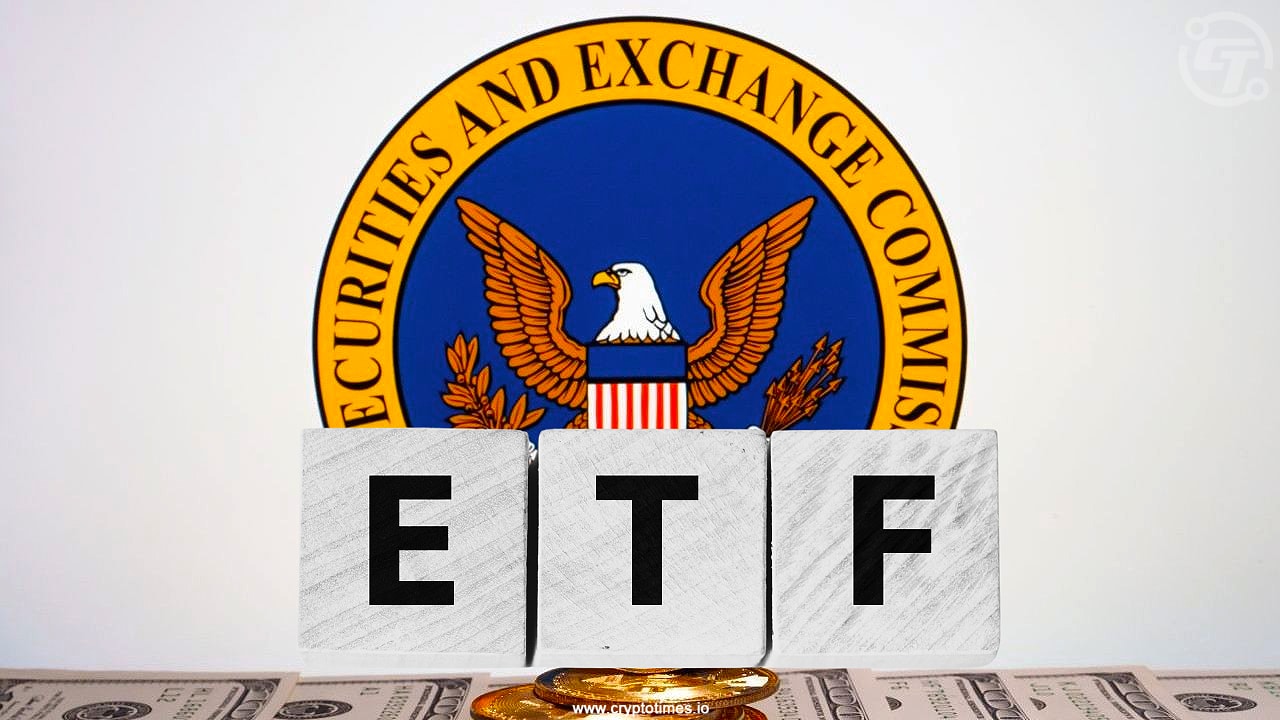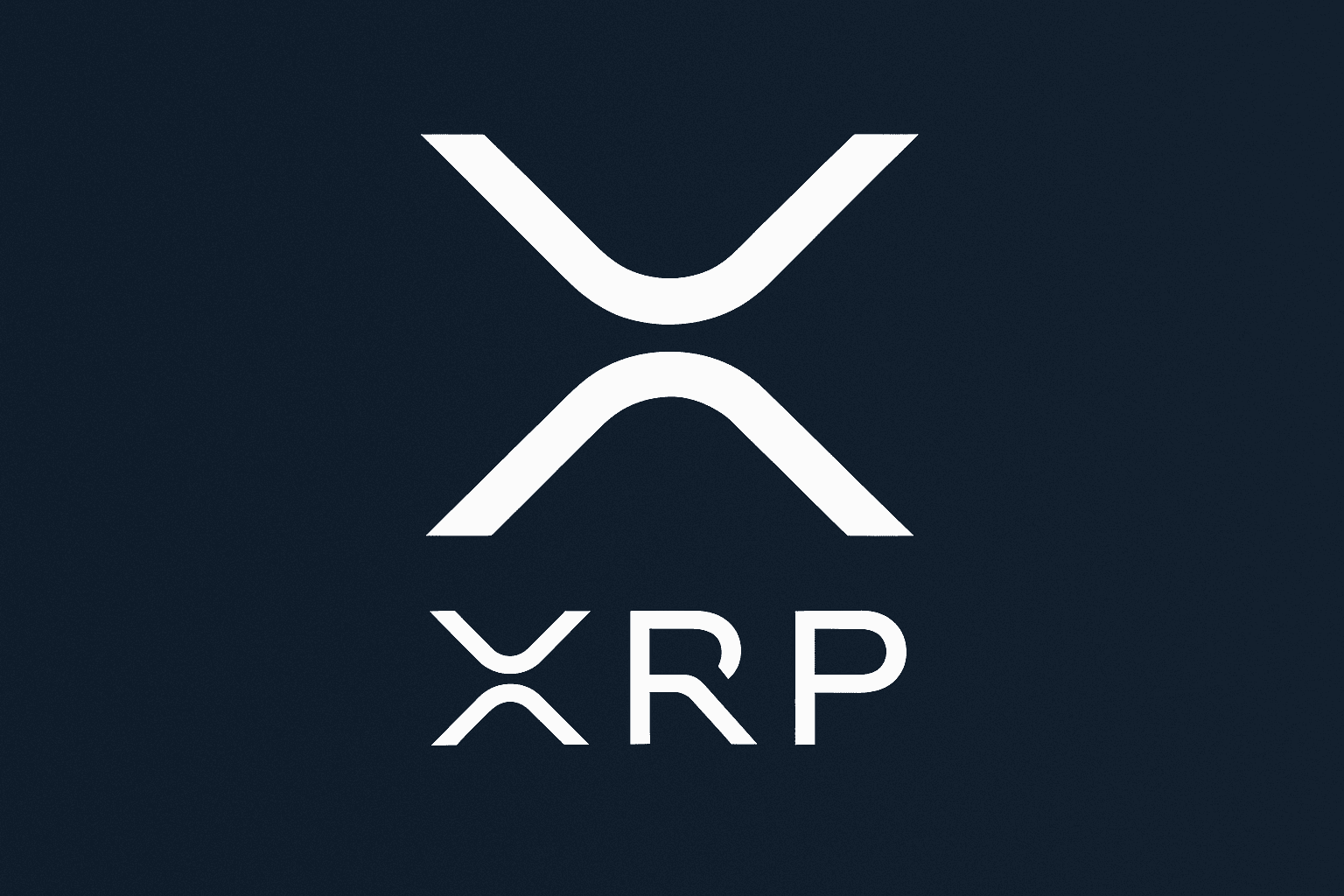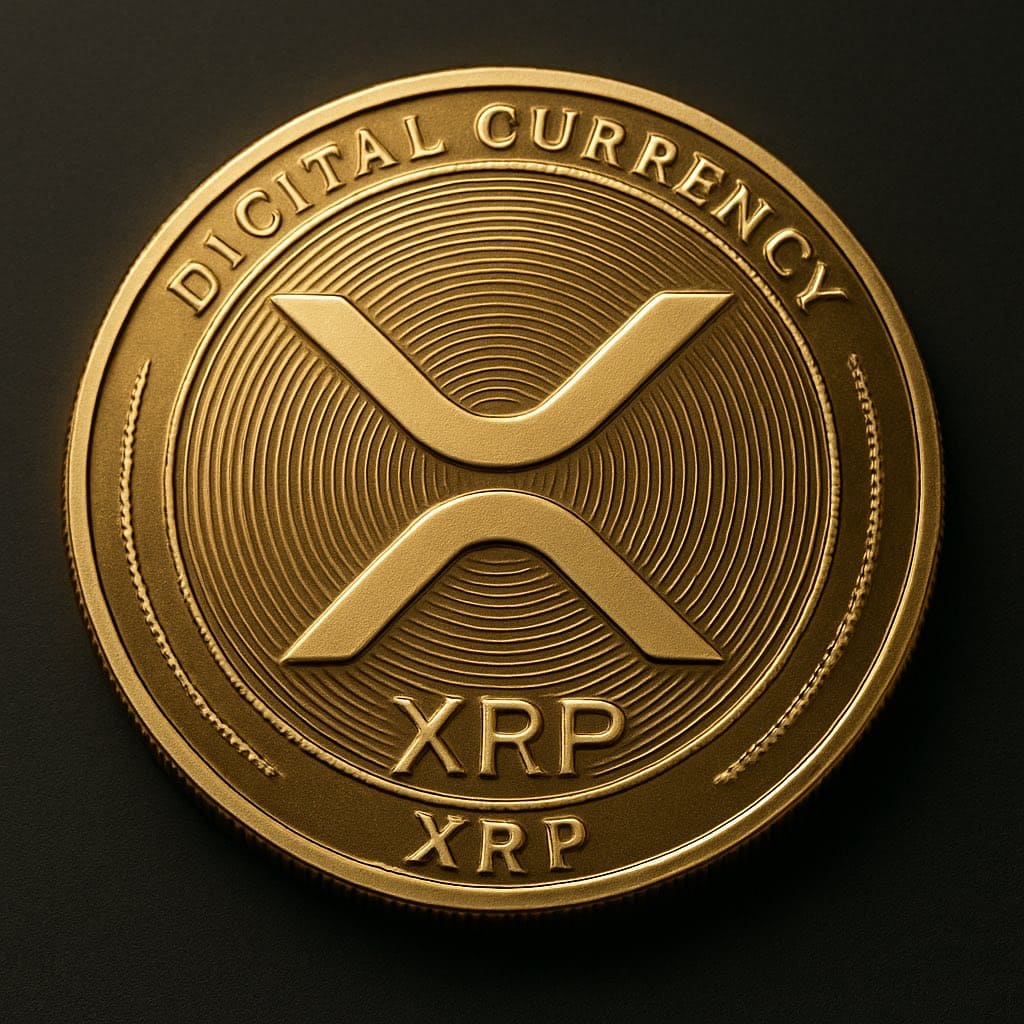Canary Capital’s spot Litecoin (LTC) and Hedera (HBAR) exchange-traded funds have become functional and will begin trading on the Nasdaq today. The confirmation came directly from Canary CEO Steven McClurg, who stated that “Litecoin and Hedera are the next two token ETFs to go effective after Ethereum.”
🚨NEW: @CanaryFunds spot $HBAR and $LTC ETFs are now effective and will begin trading on the NASDAQ tomorrow, according to CEO @stevenmcclurg.
“Litecoin and Hedera are the next two token ETFs to go effective after Ethereum,” McClurg told me in a statement. “We look forward to… https://t.co/tPjsjLEE3R
— Eleanor Terrett (@EleanorTerrett) October 27, 2025
The approval positions Canary as one of the first issuers to move forward during the ongoing U.S. government shutdown, utilizing a regulatory provision that allows ETFs to become effective without requiring active SEC intervention. The timing places Litecoin and Hedera alongside a new wave of token-based investment products entering the U.S. markets.
Bitwise and Grayscale ETFs Also Receive Approval
Meanwhile, according to Bloomberg’s Eric Balchunas, the New York Stock Exchange (NYSE) has certified Form 8-A filings and posted listing notices for Bitwise’s spot Solana (SOL) ETF and Grayscale’s GSOL, scheduled to convert to a spot fund on Wednesday. These launches amount to the most diverse wave of crypto ETF approvals since Ethereum ETFs began trading earlier this month.
Notably, Form 8-A filings are required in the final stage of ETF preparation, as they register the ETF’s shares for trading under the Securities Exchange Act of 1934. Once the NYSE certifies these filings, issuers can list and trade on public exchanges. The filings confirm that both Solana and Grayscale products are ready for immediate listing.
Automatic Effectiveness Keeps Launches on Track
The shifts have raised questions about how new ETFs can advance during the current government shutdown, given that SEC operations are limited. However, market analysts note that issuers included “automatic effectiveness” clauses in their amended S-1 filings. By law, an S-1 registration becomes effective 20 days after filing unless the issuer requests a delay or the SEC intervenes.
In this case, Canary, Bitwise, and Grayscale chose not to delay, allowing their ETFs to activate automatically under the “operation of law” principle. This mechanism eliminates the need for direct SEC approval, meaning the agency’s closure has no bearing on launch readiness.
With the concurrent launches of Litecoin, Hedera, and Solana ETFs, the U.S. market is entering its largest phase of spot crypto ETF diversification. Canary’s move follows the firm’s earlier filing for a Solana ETF, while Grayscale’s GSOL conversion signals another move in transitioning its trust products to fully regulated exchange-traded structures.













